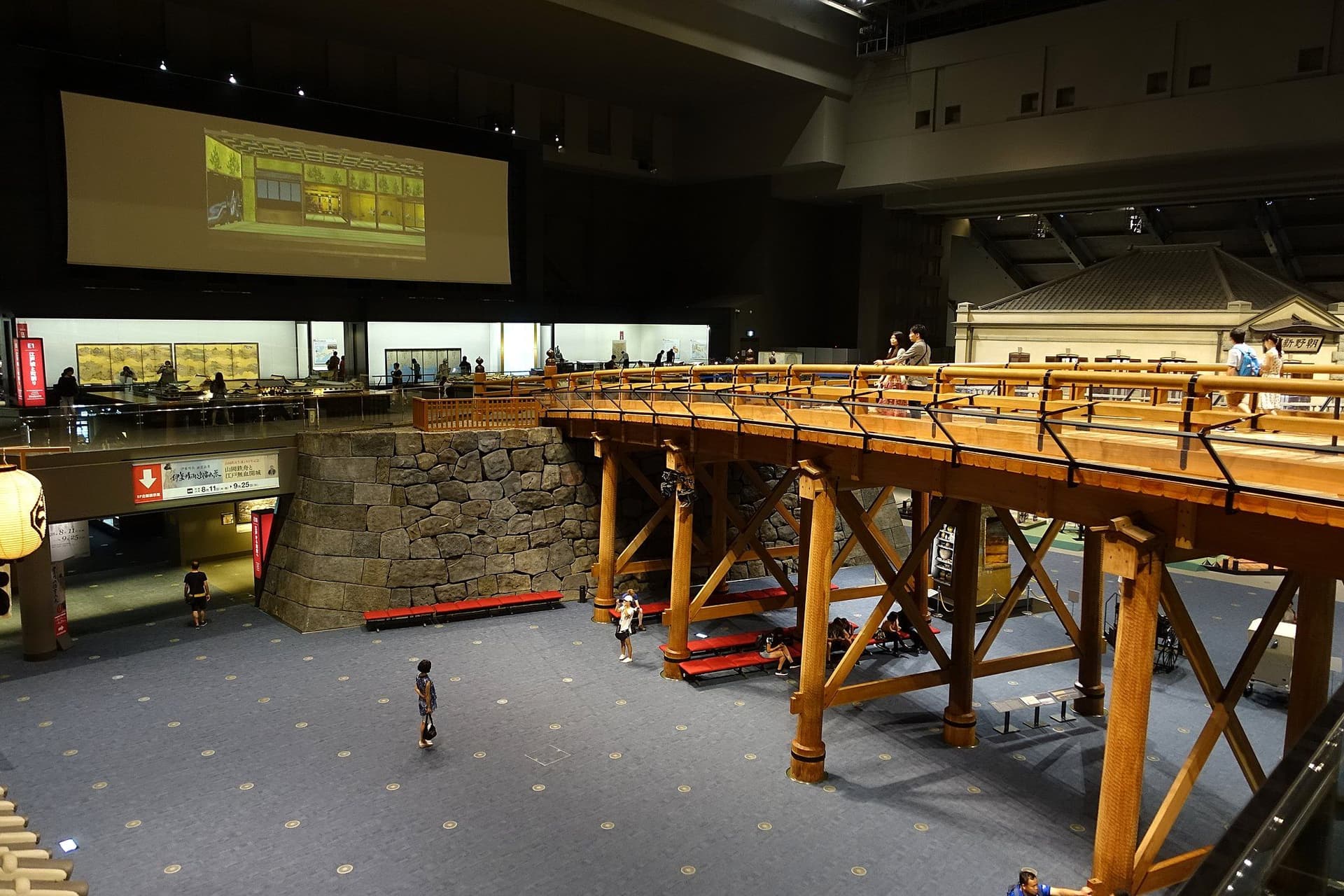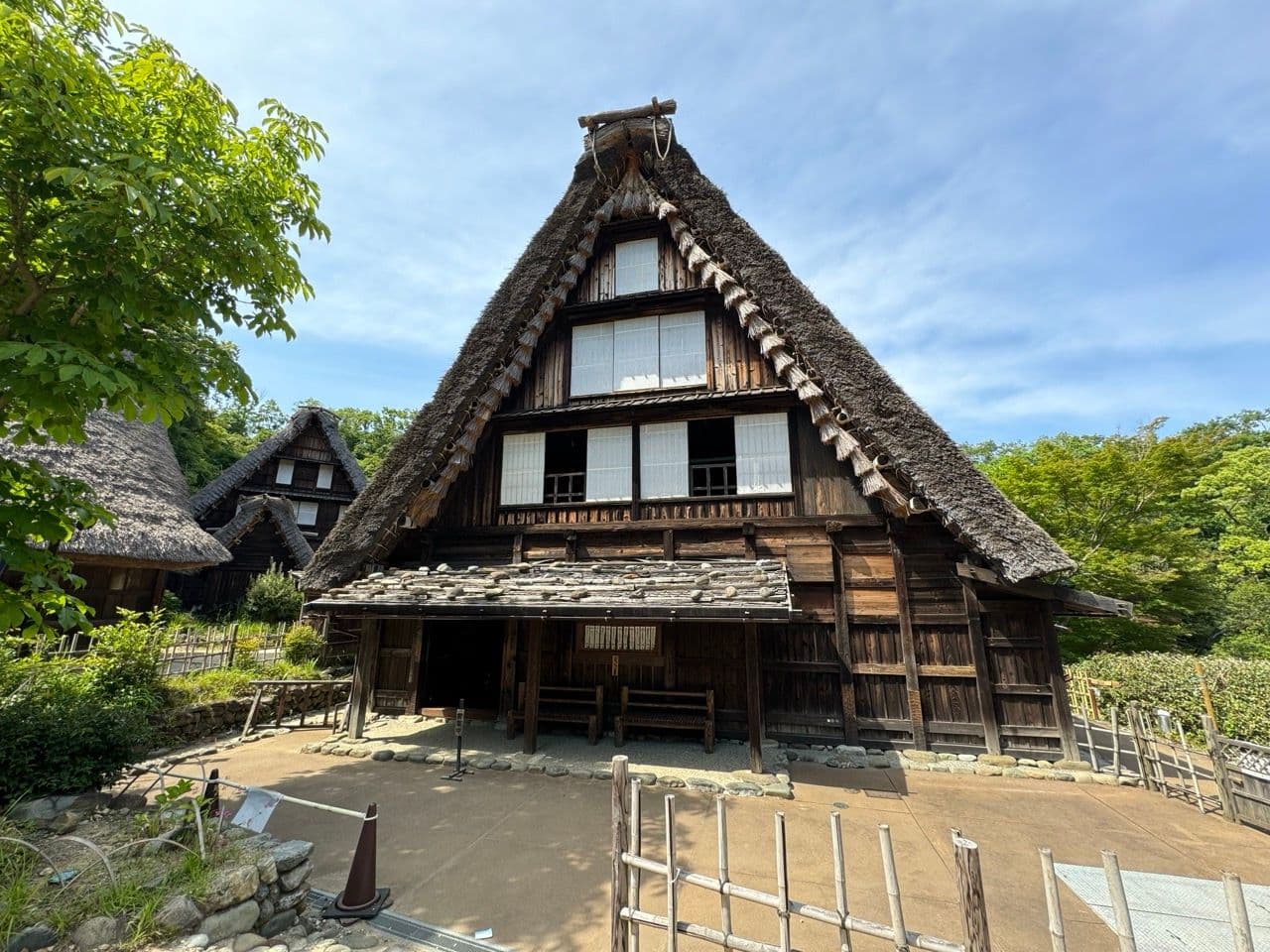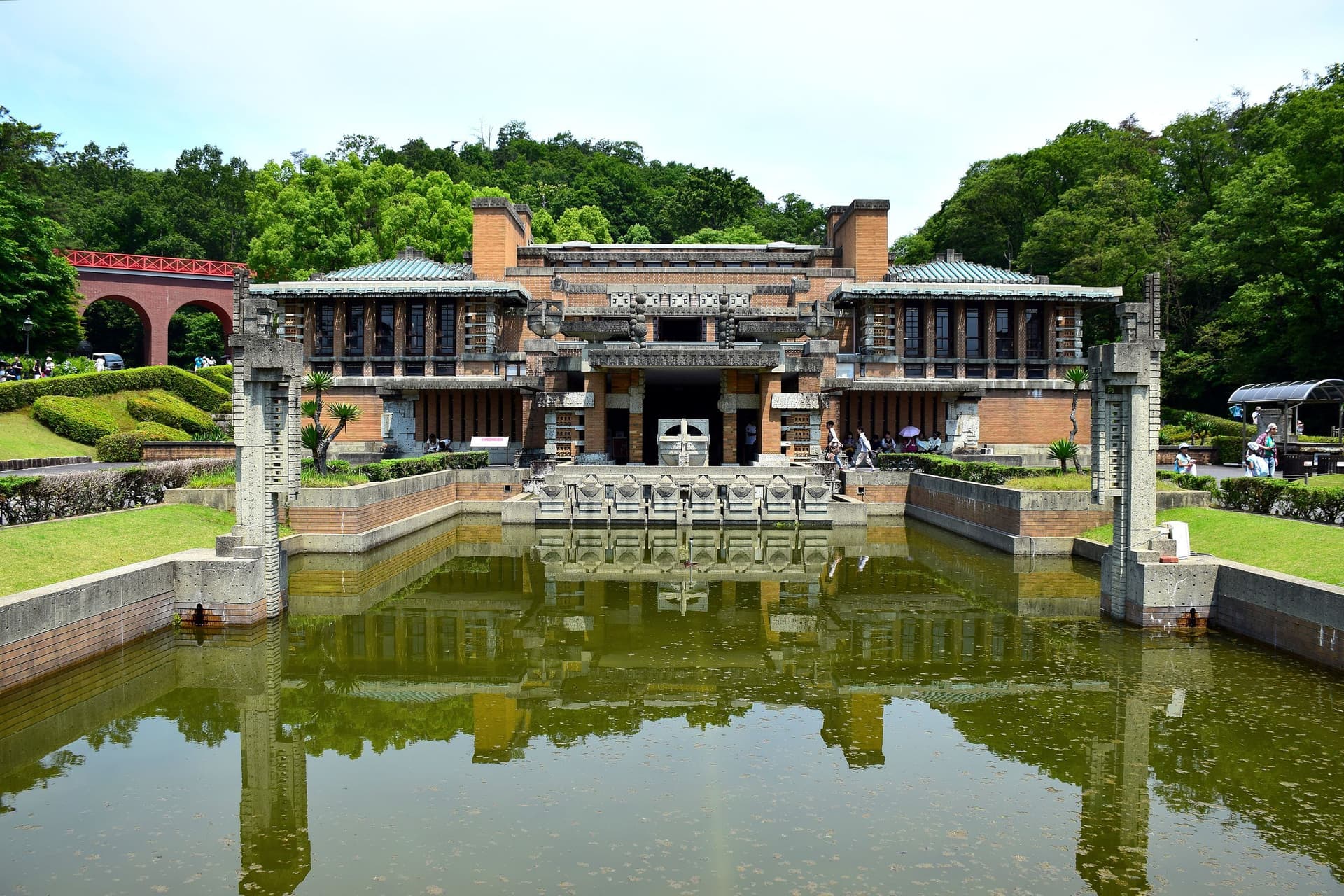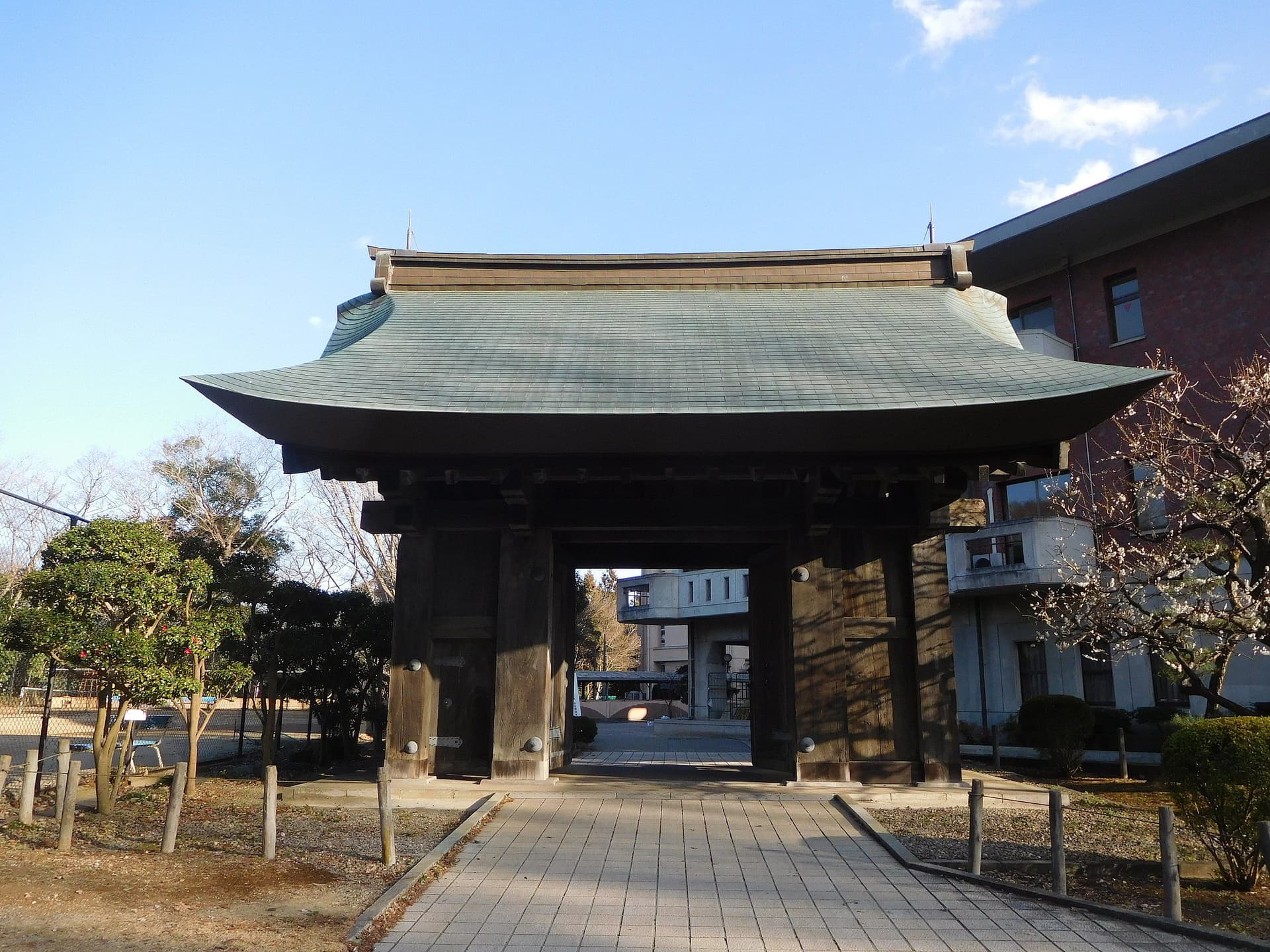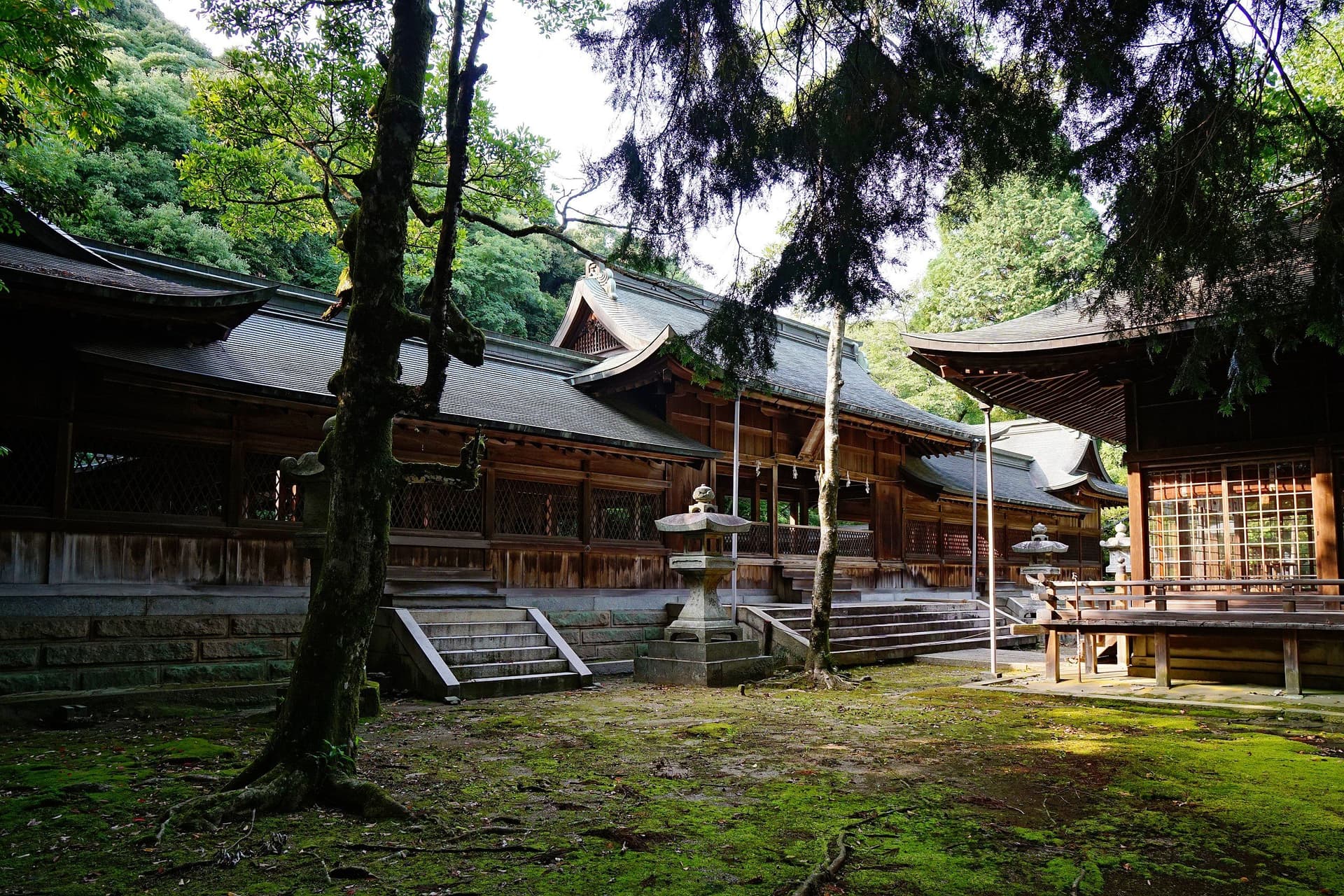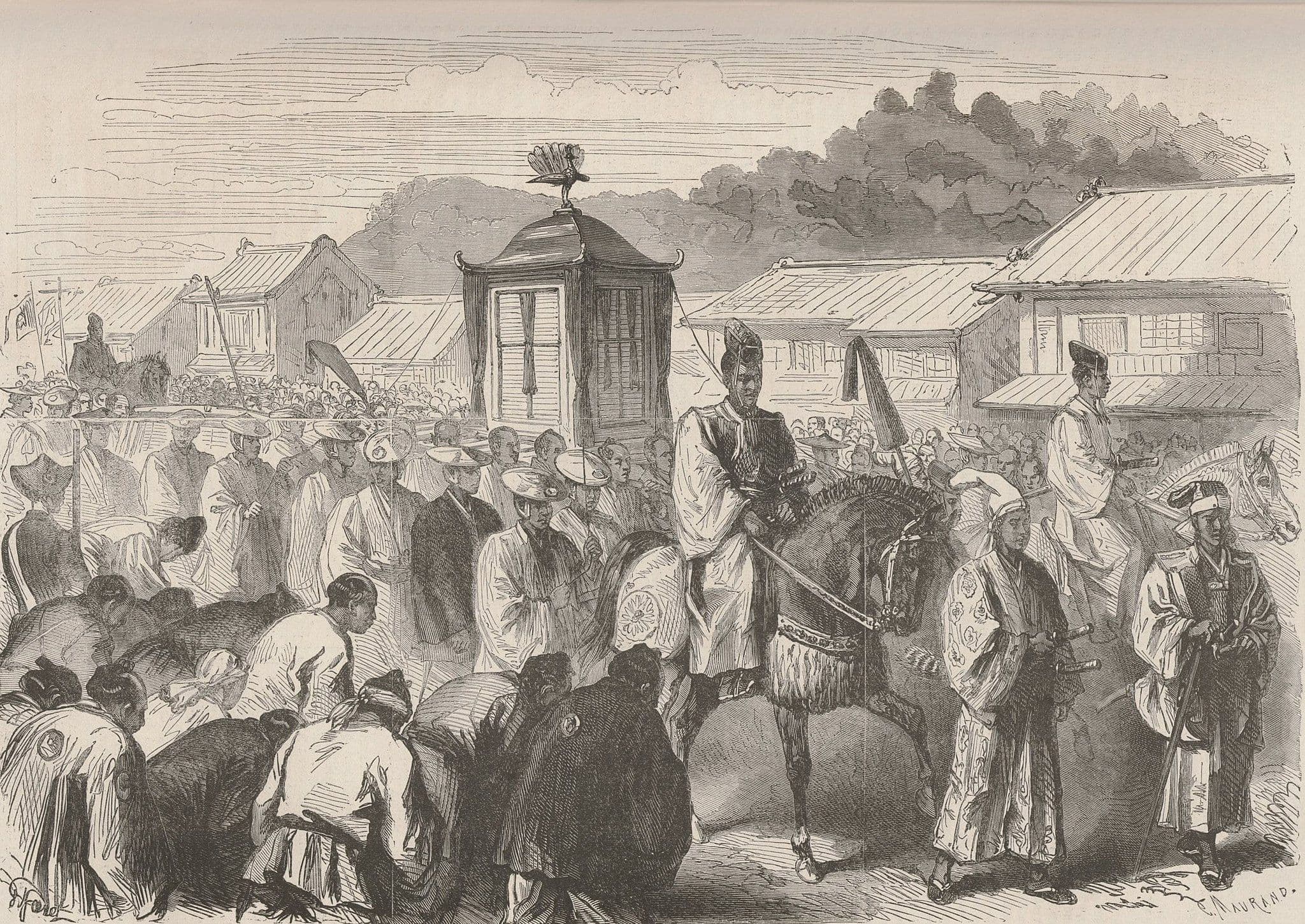
Meiji era
明治時代The Meiji period, also known as the Meiji era, was a crucial time in Japanese history that lasted from 1868 to 1912. It marked the end of the feudal Edo period and the start of Japan's modernization and westernization. The Meiji period saw significant changes in Japanese society, politics, economy, and culture, as the country opened up to the rest of the world after being isolated for over two centuries.
During this time, the Meiji government, under the rule of Emperor Meiji, implemented numerous reforms aimed at modernizing Japan and making it a major world power. The Meiji leaders abolished the samurai class, dissolved the feudal system, and created a centralized government with a modern army and a strong bureaucracy. They also established a constitutional monarchy, with the emperor as the symbolic head of state and the prime minister as the head of government.
One of the key reforms during the Meiji period was the creation of a new education system, designed to educate the masses and provide the country with a modern workforce. The government also opened up the country to foreign trade and investment, which led to rapid industrialization and economic growth. With the introduction of western technologies and ideas, Japan's economy became more diverse, with new industries such as textiles, shipbuilding, and iron and steel production.
The Meiji period also had a profound impact on Japanese culture, as the country adopted many elements of western culture and combined them with traditional Japanese elements to create a unique cultural blend. For example, the traditional tea ceremony was combined with western-style dining, and traditional Japanese clothing was combined with western-style clothing to create a new style known as the "Meiji style." The Meiji period also saw the rise of popular culture, including the first magazines, newspapers, and entertainment industries.
In conclusion, the Meiji period was a transformative time in Japanese history, as the country emerged from centuries of isolation and embraced modernity. The Meiji reforms paved the way for Japan to become a major world power and had a lasting impact on Japanese society, politics, economy, and culture. Today, the Meiji period remains an important part of Japan's rich history and cultural heritage.
Last Updated:
